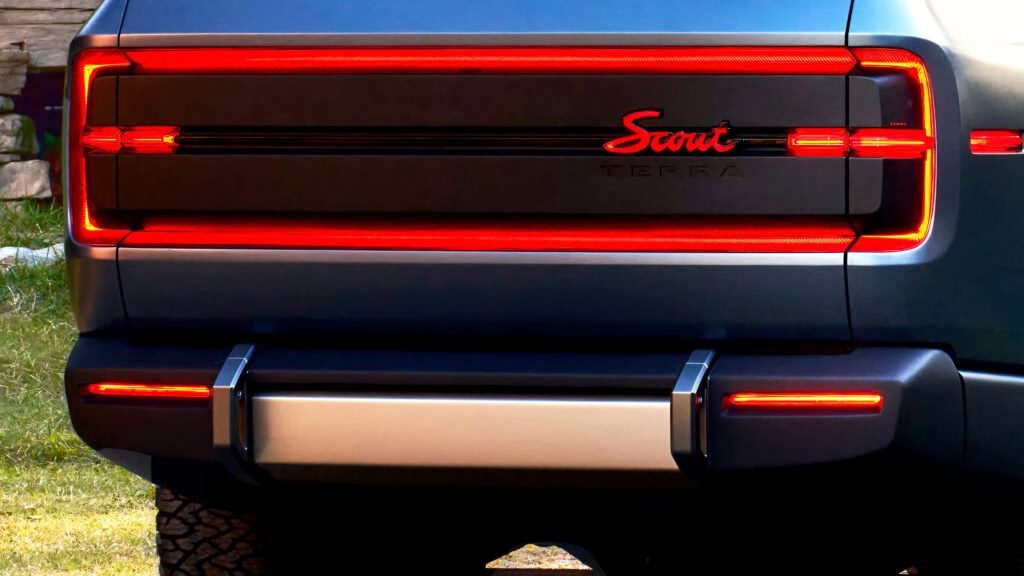The automotive landscape is shifting, and a recent lawsuit highlights the tension between traditional dealerships and emerging direct-to-consumer sales models. The California New Car Dealers Association (CNCDA) has taken a bold step by filing a lawsuit against Volkswagen (VW) and its subsidiary, Scout Motors. The crux of the issue? The CNCDA claims that these companies are sidestepping established dealer franchise laws by selling vehicles directly to consumers. This legal battle could have significant implications for how cars are sold in California and beyond.
Why Are Dealers So Upset?
At the heart of the CNCDA’s complaint is a desire to protect the traditional dealership model. Brian Maas, the CNCDA President, argues that VW dealers are eager to sell Scout trucks and SUVs but are being denied that opportunity. He insists that this direct sales approach violates California law, which is designed to ensure that manufacturers cannot bypass their franchised dealers. The stakes are high, as the CNCDA is seeking civil penalties that could exceed $35 million.
But let’s not overlook the irony here. While dealers are fighting to maintain their slice of the pie, they’ve often been criticized for imposing exorbitant markups on vehicles—sometimes reaching tens of thousands of dollars. This practice can hurt consumers, raising questions about whether the dealers are truly looking out for the best interests of car buyers or simply trying to protect their profits.
Scout and VW Stand Firm
In response to the lawsuit, both Scout and VW have made it clear that they intend to fight back. Scout’s general counsel, Neil Sitron, emphasized that VW is not authorized to sell Scout-branded vehicles, asserting the independence of the Scout brand from VW’s traditional operations. This stance indicates a commitment to a direct sales model that has been gaining traction in the industry, particularly among newer companies like Tesla and Rivian, which have successfully bypassed traditional dealership networks.
Sitron’s remarks reflect a broader trend in the automotive industry where direct sales are becoming more appealing to consumers. Many buyers appreciate the convenience and transparency of purchasing vehicles directly from manufacturers, without the added pressure of dealership negotiations. If Scout and VW prevail in this lawsuit, it could pave the way for other automakers to adopt similar strategies, fundamentally altering the car-buying experience.
What’s at Stake for Consumers?
The implications of this lawsuit extend beyond the courtroom. If the CNCDA wins, it could reinforce the traditional dealership model, potentially limiting consumer choices and keeping prices high. Conversely, a victory for Scout and VW could signal a shift towards more consumer-friendly sales practices, allowing buyers to engage directly with manufacturers.
This case also raises questions about the future of the automotive industry. As electric vehicles (EVs) become more prevalent, the traditional dealership model may struggle to adapt. Consumers are increasingly looking for innovative purchasing options that align with their values, such as sustainability and transparency. The outcome of this lawsuit could influence how automakers approach sales in the rapidly evolving EV market.
The Bigger Picture
This legal battle is more than just a dispute between dealers and manufacturers; it’s a reflection of the changing dynamics in the automotive industry. As consumer preferences evolve, so too must the strategies of automakers. The CNCDA’s lawsuit against VW and Scout is a pivotal moment that could redefine how cars are sold in California and potentially across the United States.
The big takeaway? The future of car buying isn’t about perfection—it’s about smarter adjustments. Whether you’re a consumer, a dealer, or an automaker, keeping an eye on these developments will be crucial. As the industry adapts, one thing is certain: the way we buy cars is on the brink of transformation.

